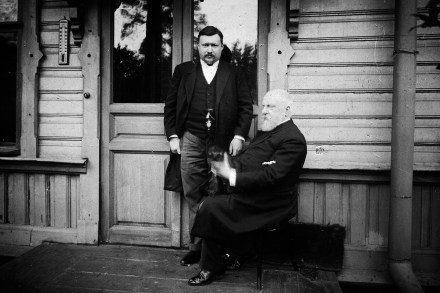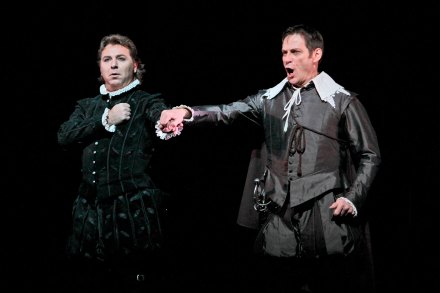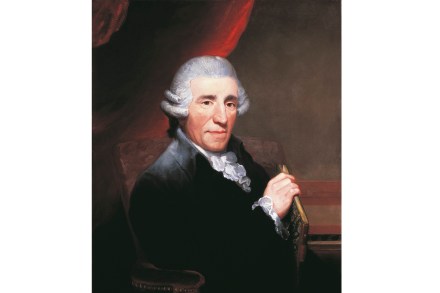Proudly ridiculous and wholly glorious: KLF’s Solid State Logik reviewed
Grade: A What a miracle the KLF were: an elaborate practical joke at the expense of the music industry, seemingly both wholly cynical and completely sincere, who for a short period at the start of the 1990s bestrode the singles charts like a novelty colossus. A reissue of their greatest hits album wouldn’t seem cause for celebration — doesn’t the world have quite enough singles collections? — but the nature of the KLF’s disappearance (they burned a million quid and deleted their entire back catalogue) makes this unexpected reappearance a bit of an event. These are hit singles that fizz with silliness in a uniquely British way. No American artist


















